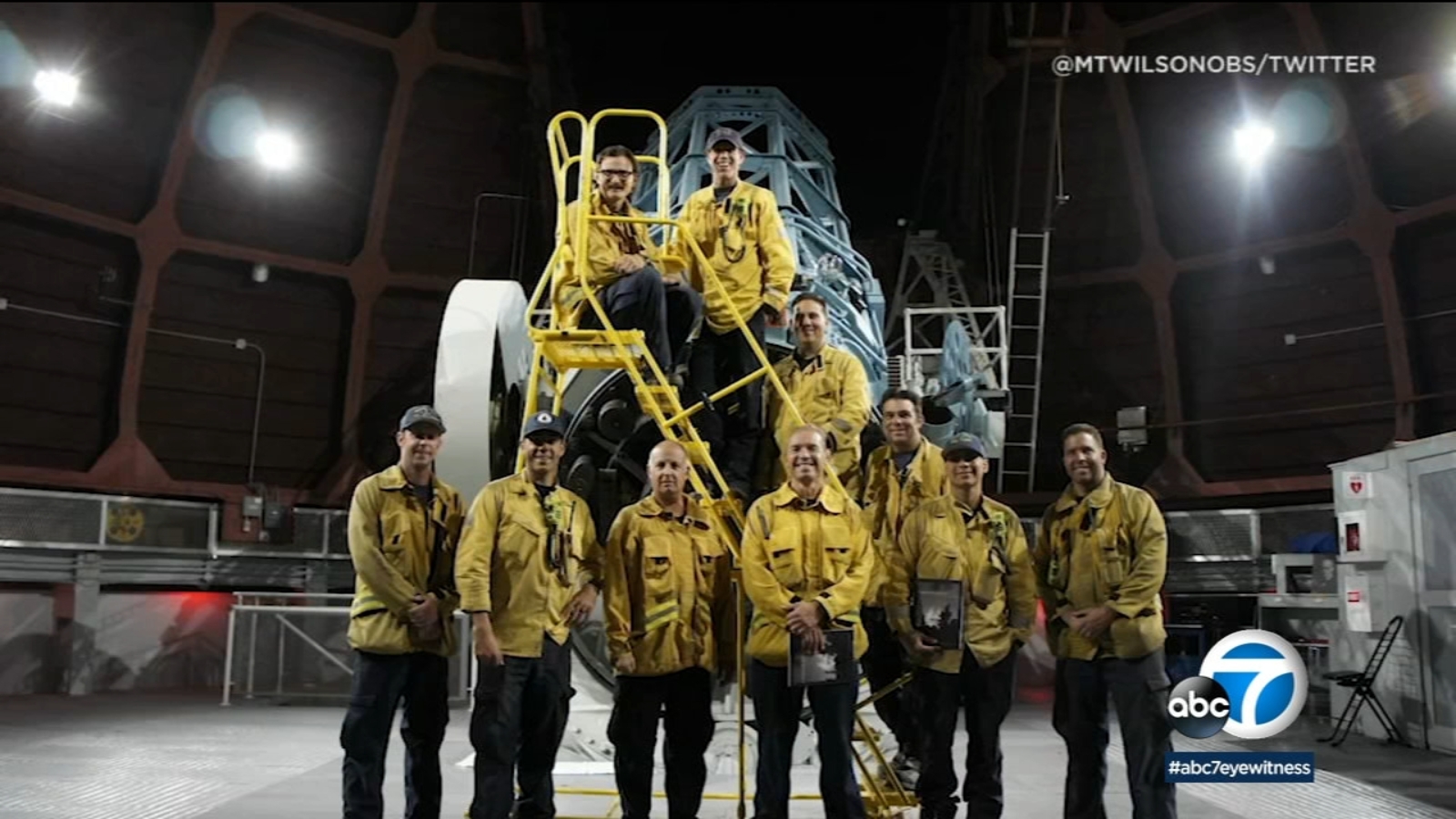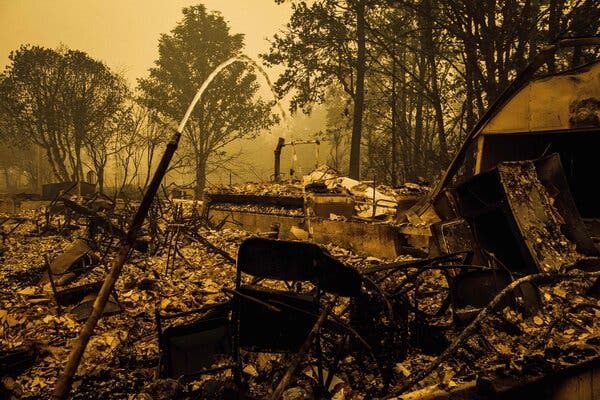A top goal in cosmology is to precisely measure the total amount of matter in the universe, a daunting exercise for even the most mathematically proficient. A team led by scientists at the University of California, Riverside, has now done just that. Reporting in the Astrophysical Journal , the team determined that matter makes up 31% of the total amount of matter and energy in the universe, with the remainder consisting of dark energy. “To put that amount of matter in context, if all the matter in the universe were spread out evenly across space, it would correspond to an average mass density equal to only about six hydrogen atoms per cubic meter,” said first author Mohamed Abdullah, a graduate student in the UCR Department of Physics and Astronomy. “However, since we know 80% of matter is actually dark matter, in reality, most of this matter consists not of hydrogen atoms but rather of a type of matter which cosmologists don’t yet understand.” Abdullah explained that one well-proven technique for determining the total amount of matter in the universe is to compare the observed number and mass of galaxy clusters per unit volume with predictions from numerical simulations. Because […]
Click here to view original web page at www.sciencedaily.com






